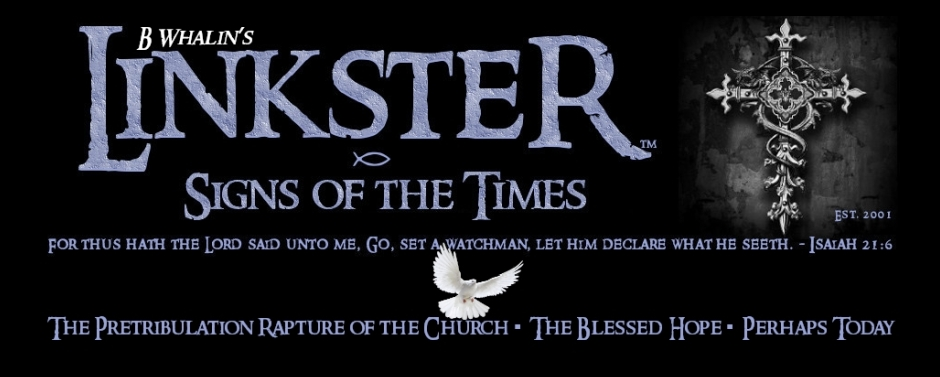
John F. Kennedy
Thirty-Fifth President of the United States (1961-1963)
United States Senator from Massachusetts (Jan 3, 1953 – Dec 22, 1960)
U.S. House of Representatives from Massachusetts (Jan 3, 1947 – Jan 3, 1953)
On ‘Preserving Liberty’

Biography
 John Fitzgerald "Jack" Kennedy (May 29, 1917 – November 22, 1963), often referred to by his initials JFK, was the 35th President of the United States, serving from 1961 until his death in 1963. After military service as commander of the Motor Torpedo Boats PT-109 and PT-59 during World War II in the South Pacific, Kennedy represented Massachusetts' 11th congressional district in the U.S. House of Representatives from 1947 to 1953 as a Democrat. Thereafter, he served in the U.S. Senate from 1953 until 1960. Kennedy defeated Vice President and Republican candidate Richard Nixon in the 1960 U.S. presidential election. At 43 years of age, he is the youngest to have been elected to the office, the second-youngest President (after Theodore Roosevelt), and the first person born in the 20th century to serve as president. A Catholic, Kennedy is the only non-Protestant president, and is the only president to have won a Pulitzer Prize. Events during his presidency included the Bay of Pigs Invasion, the Cuban Missile Crisis, the building of the Berlin Wall, the Space Race, the African-American Civil Rights Movement, and early stages of the Vietnam War.
John Fitzgerald "Jack" Kennedy (May 29, 1917 – November 22, 1963), often referred to by his initials JFK, was the 35th President of the United States, serving from 1961 until his death in 1963. After military service as commander of the Motor Torpedo Boats PT-109 and PT-59 during World War II in the South Pacific, Kennedy represented Massachusetts' 11th congressional district in the U.S. House of Representatives from 1947 to 1953 as a Democrat. Thereafter, he served in the U.S. Senate from 1953 until 1960. Kennedy defeated Vice President and Republican candidate Richard Nixon in the 1960 U.S. presidential election. At 43 years of age, he is the youngest to have been elected to the office, the second-youngest President (after Theodore Roosevelt), and the first person born in the 20th century to serve as president. A Catholic, Kennedy is the only non-Protestant president, and is the only president to have won a Pulitzer Prize. Events during his presidency included the Bay of Pigs Invasion, the Cuban Missile Crisis, the building of the Berlin Wall, the Space Race, the African-American Civil Rights Movement, and early stages of the Vietnam War.» See All ‘Quotable Quotes’
This Day In History 51 Years Ago
Cold War - October 22, 1962
Cold War - October 22, 1962
Cuban Missile Crisis
“Clandestine, Reckless, And Provocative Threat To World Peace”

 In a televised speech of extraordinary gravity, President John F. Kennedy announces that U.S. spy planes have discovered Soviet missile bases in Cuba. These missile sites—under construction but nearing completion—housed medium-range missiles capable of striking a number of major cities in the United States, including Washington, D.C. Kennedy announced that he was ordering a naval "quarantine" of Cuba to prevent Soviet ships from transporting any more offensive weapons to the island and explained that the United States would not tolerate the existence of the missile sites currently in place. The president made it clear that America would not stop short of military action to end what he called a "clandestine, reckless, and provocative threat to world peace." » Full Article
In a televised speech of extraordinary gravity, President John F. Kennedy announces that U.S. spy planes have discovered Soviet missile bases in Cuba. These missile sites—under construction but nearing completion—housed medium-range missiles capable of striking a number of major cities in the United States, including Washington, D.C. Kennedy announced that he was ordering a naval "quarantine" of Cuba to prevent Soviet ships from transporting any more offensive weapons to the island and explained that the United States would not tolerate the existence of the missile sites currently in place. The president made it clear that America would not stop short of military action to end what he called a "clandestine, reckless, and provocative threat to world peace." » Full ArticleSignificant Events This Day In History
» History» Ultimate History Quiz
“The Ultimate History Quiz features thousands of questions about American and global history trivia. Play now to challenge your friends, and see how you stack up to the competition.”


